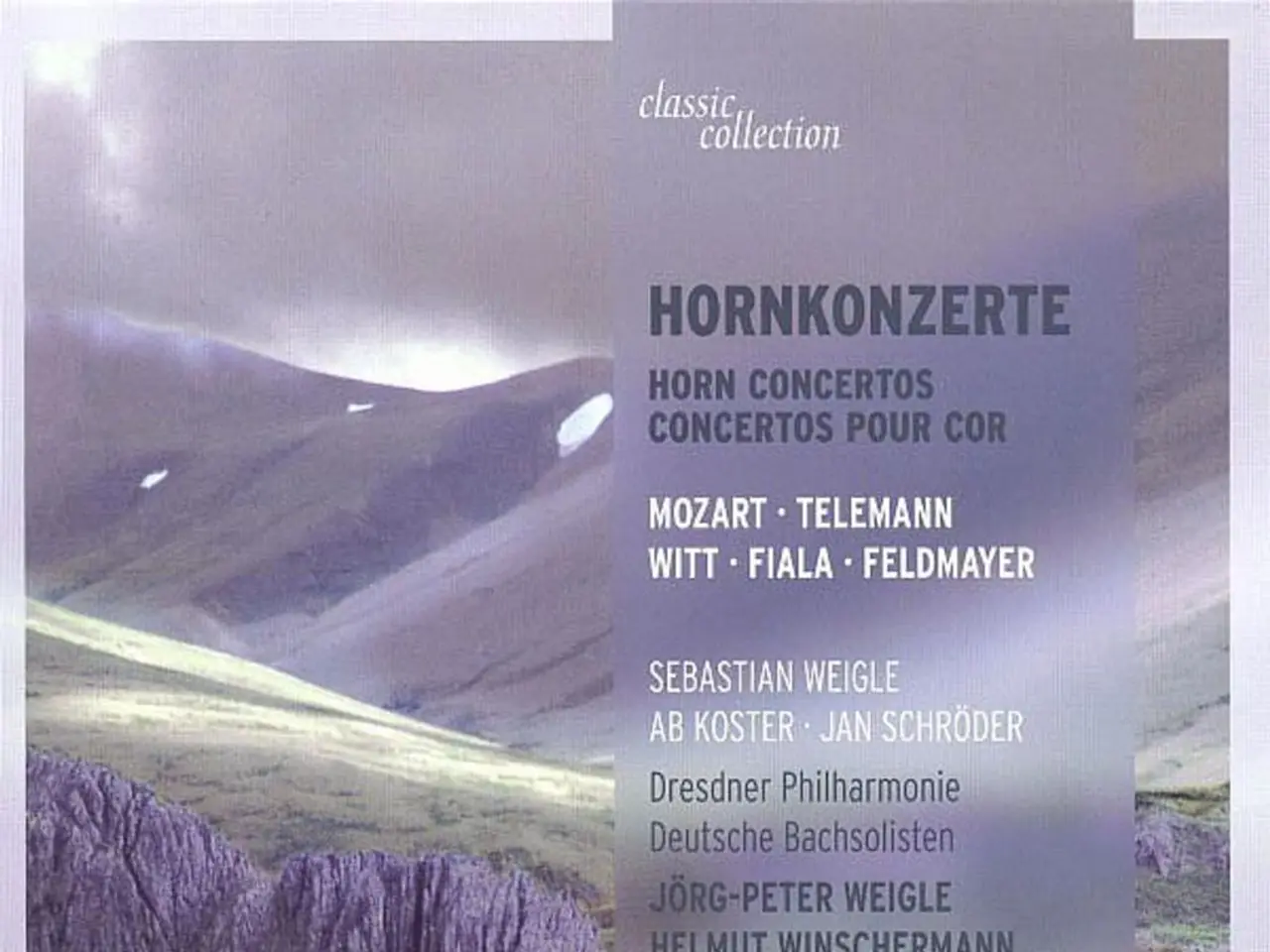Testimony through everyday poetry
Camille T. Dungy's Documentary Poetry: Blending Personal and Ecological Narratives
Camille T. Dungy, a renowned documentary poet, is known for her unique approach to poetry that seamlessly integrates intimate, personal stories with larger ecological and social landscapes. Her work, which is often imbued with mystery, dissonance, and complexity, serves as a testament to her commitment to truth in poetry.
Dungy's aesthetic and political approach resonates with that of Muriel Rukeyser, a pioneering figure in documentary poetry. Both poets share a common goal of illuminating intimate stories that connect the personal with communal or historical concerns. Dungy, like Rukeyser, deeply embeds the documentary impulse within lyrical and emotional textures, creating poetry that is both formally inventive and rich with embodied experience.
In her memoir "Soil: The Story of a Black Mother's Garden," Dungy delves into themes of motherhood, marriage, and a garden, offering a deeply personal account that is also rooted in a broader social and ecological context. Her poetry, such as the poems "Ceremony" and "let grow more winter fat / wine-cup / western wild rose," reflect this same approach, inviting the reader to engage with truth in a way that is not afraid of ambiguity or discomfort.
The poems, for instance, suggest a strong desire for the prairie to return to its full, open state, but they do not specify whether this desire is the author's personal desire or a collective one. Similarly, they do not mention any specific location where the loss of the prairie has occurred, nor do they specify any time period during which the loss has taken place. This approach allows the poems to retain their mystery and complexity, inviting readers to interpret and engage with them on a personal level.
Dungy's work also resonates with Rukeyser's method of approaching politically charged or historical subjects through the lens of individual human stories, highlighting the power of intimate narratives to reveal broader truths. In "Ceremony," Dungy mentions the death of a black singer and a white singer, and in another poem, she writes about a young father in the neighborhood who died, underscoring the human impact of broader social and historical events.
Dungy's approach to poetry is inspired by Rukeyser, and she teaches at Colorado State University, continuing to inspire the next generation of poets. Her work, with its emphasis on personal stories embedded within larger landscapes and histories, offers a fresh and innovative perspective on documentary poetry, one that is deeply rooted in the influence of earlier documentary poets like Rukeyser.
In her poems, Dungy discusses little waves of bluestem, fuzzy tongue penstemon, golden currant, and nodding onion, plants that prairie desires to stretch out again. Other plants that the prairie wants to reclaim include prairie clover, prairie zinnia, prairie dropseed, and solidago. However, only a few clusters of Colorado butterfly plant still exist where there once was prairie, and a few remaining fireflies can be seen abstracting themselves over roads and concrete paths. Despite this, Dungy's poetry suggests a hopeful desire for the prairie to return to its full, open state, a desire that is both personal and collective.
[1] Source: "Camille Dungy's Documentary Poetry: A New Lineage" by Alison Hawthorne Deming, published in American Literary History, Vol. 29, No. 2 (Summer, 2017), pp. 225-245.
Camille T. Dungy's memoir, "Soil: The Story of a Black Mother's Garden," explores themes that extend beyond personal experience, delving into home-and-garden and gardening, reflecting her broader ecological and social concerns.
Dungy's poetry, such as the poems "Ceremony" and "let grow more winter fat / wine-cup / western wild rose," not only speak of personal desires for the prairie's restoration but also embody a collective longing for its return.




